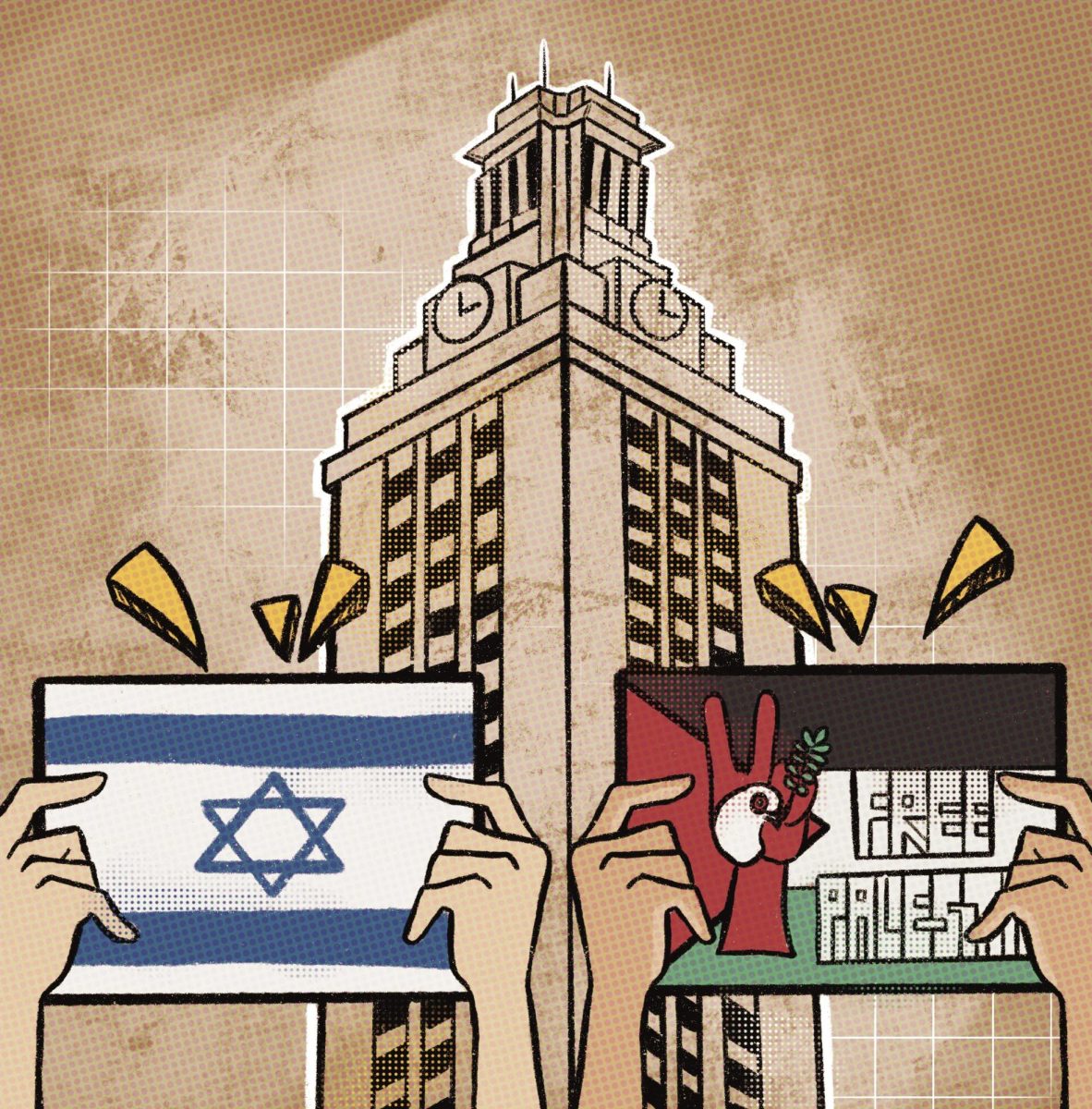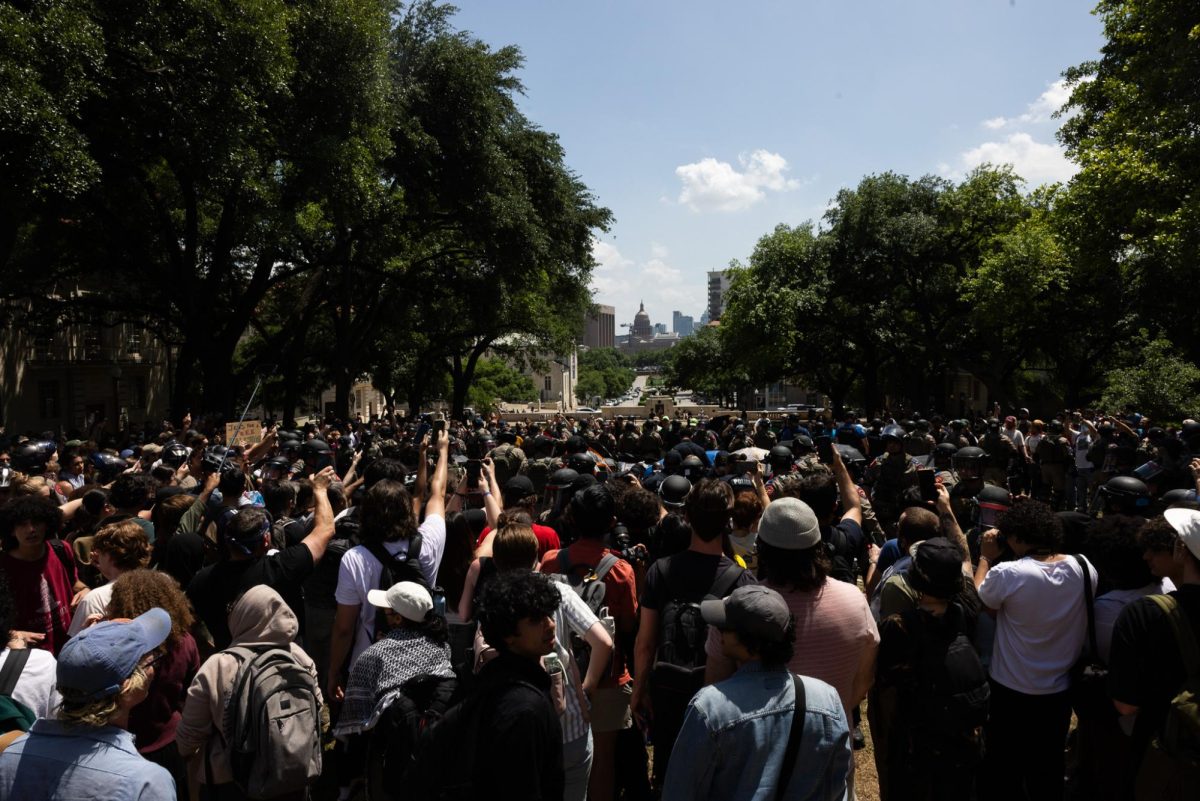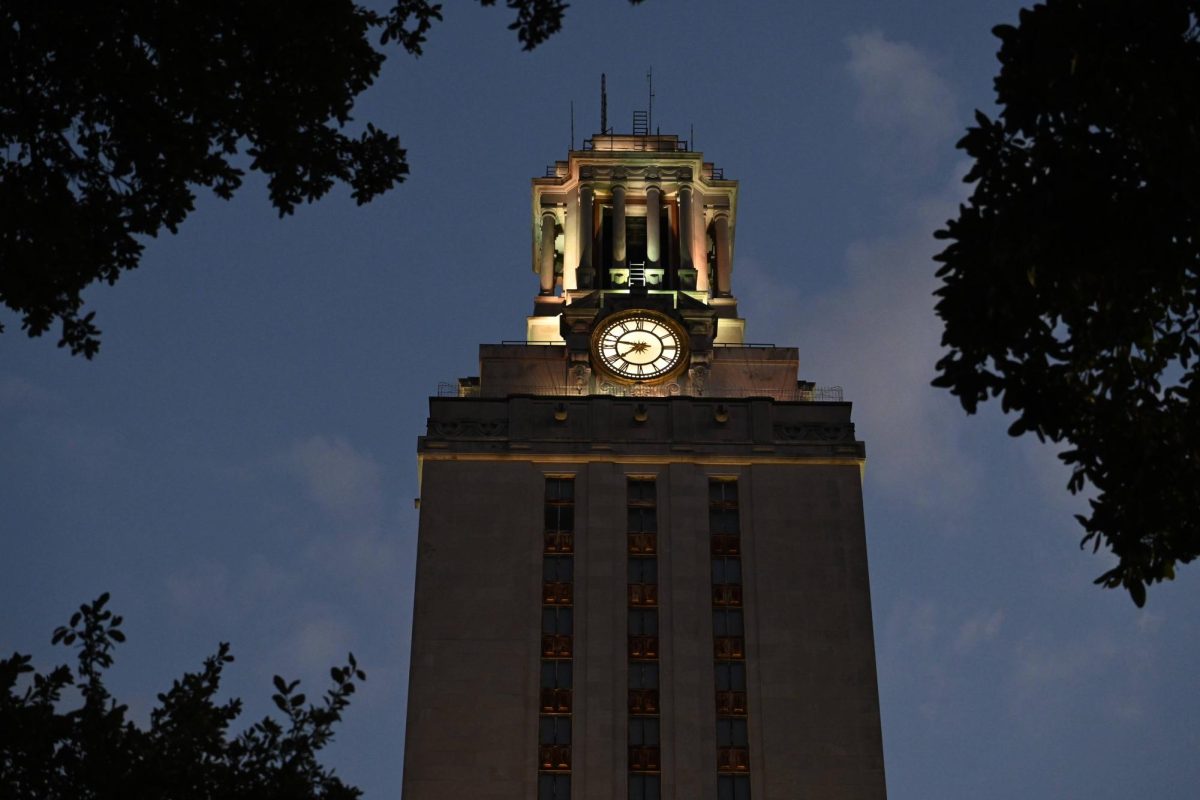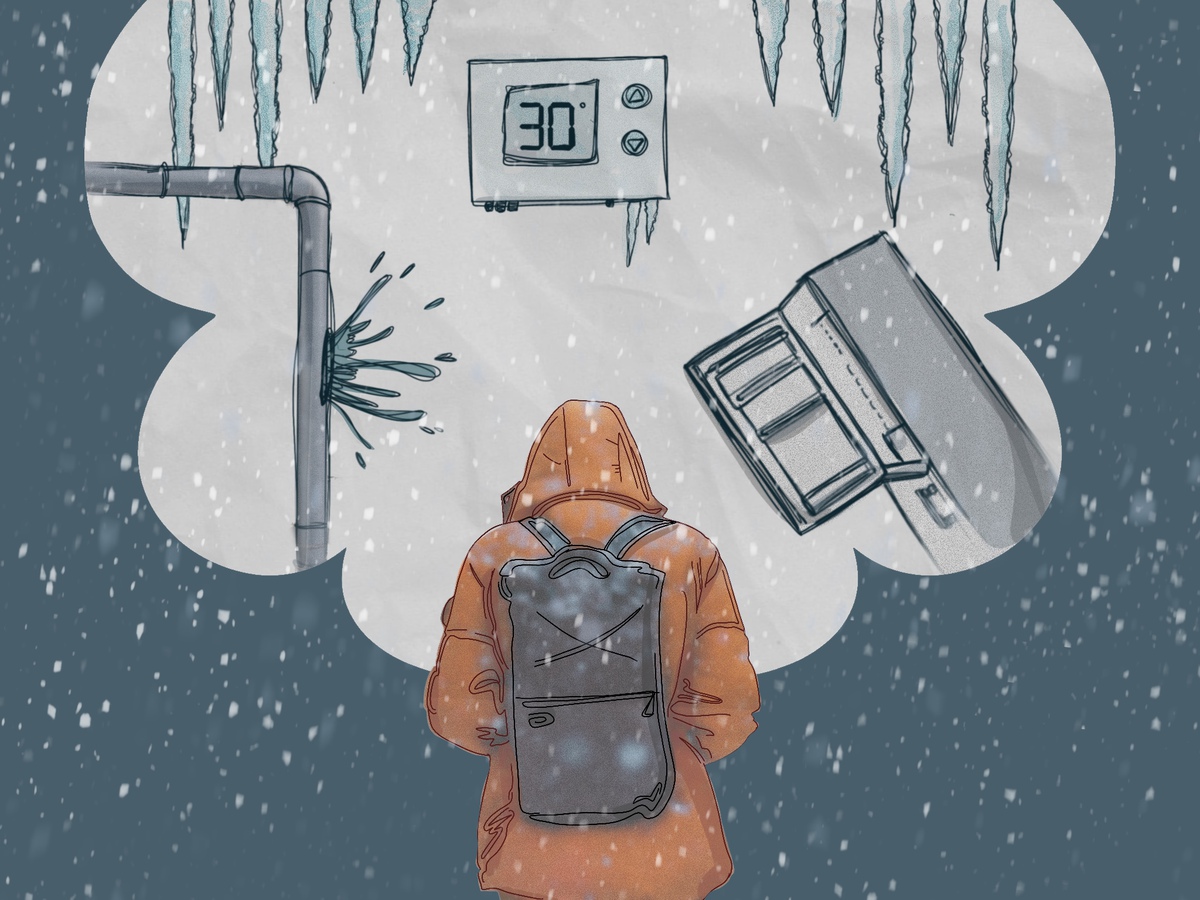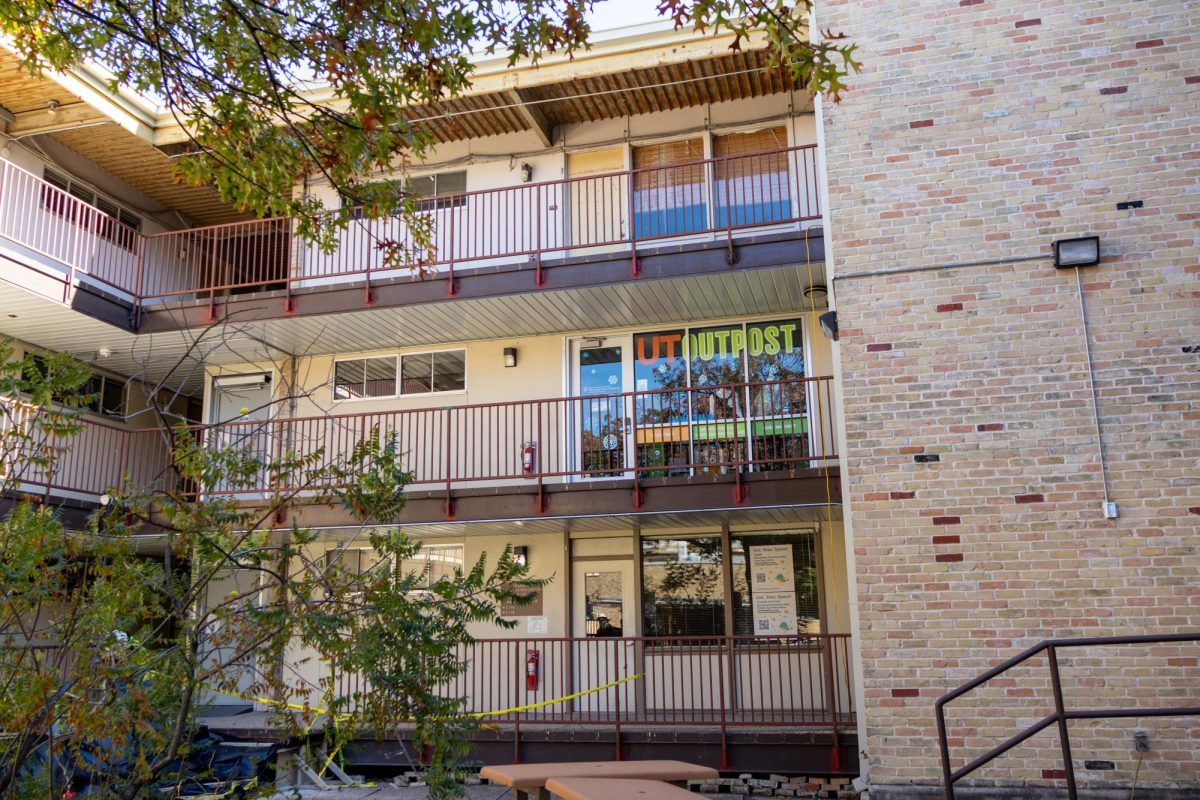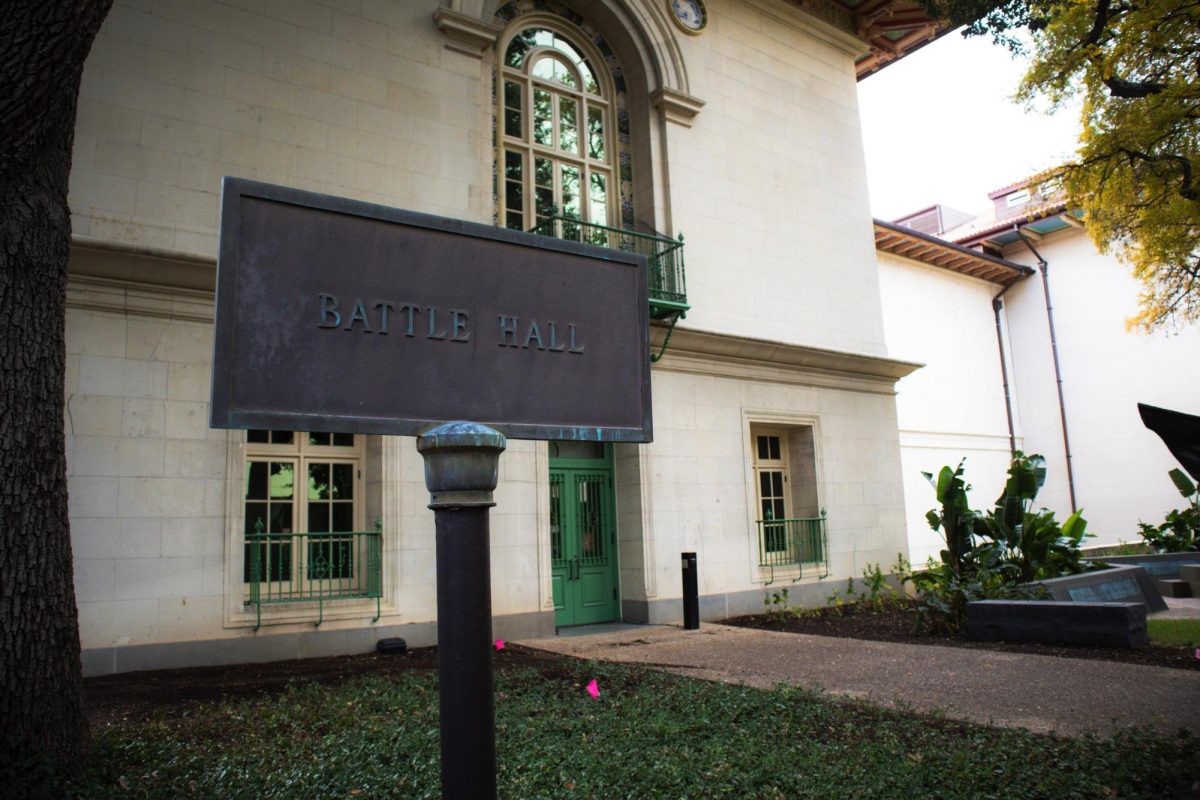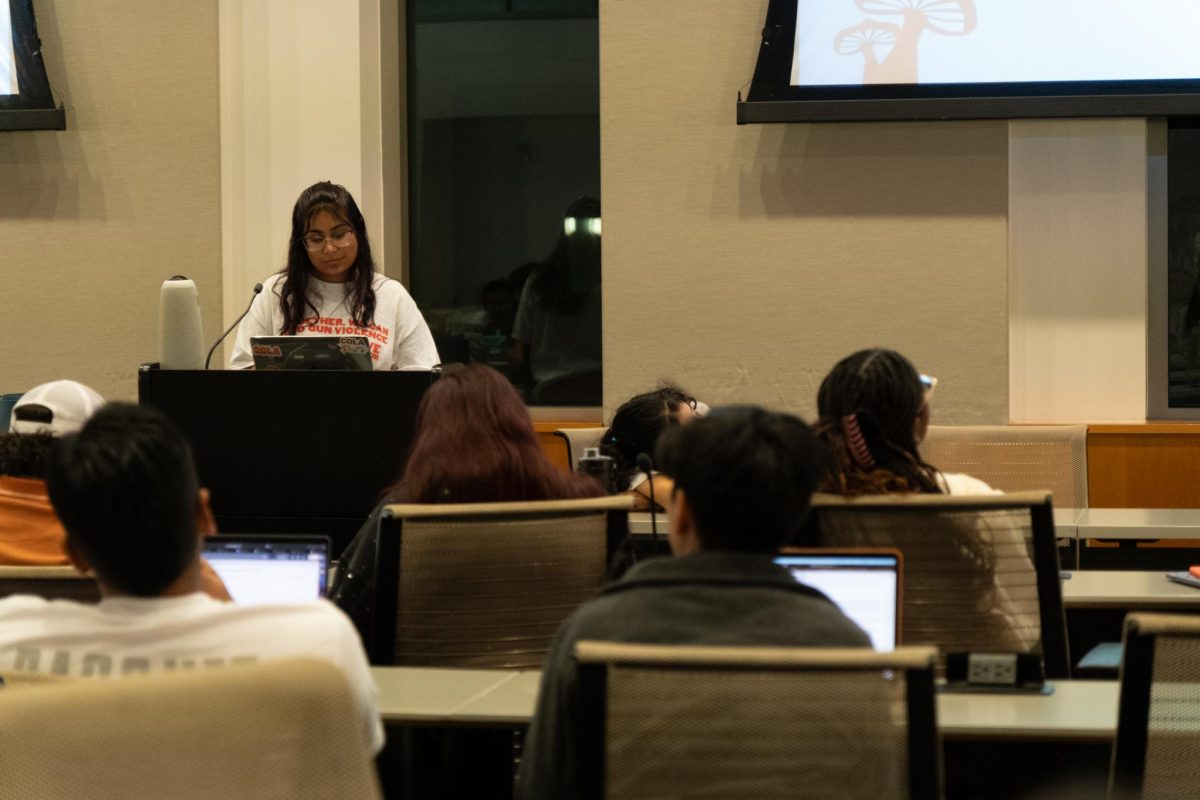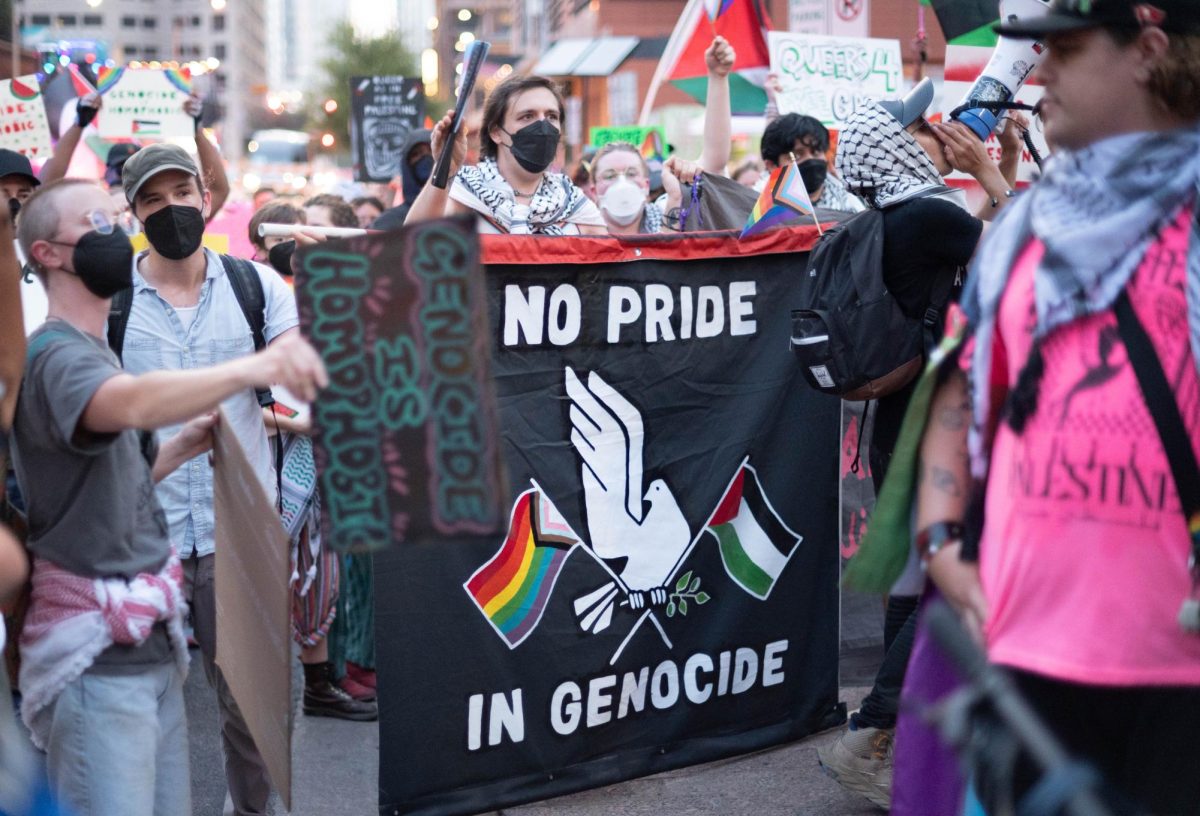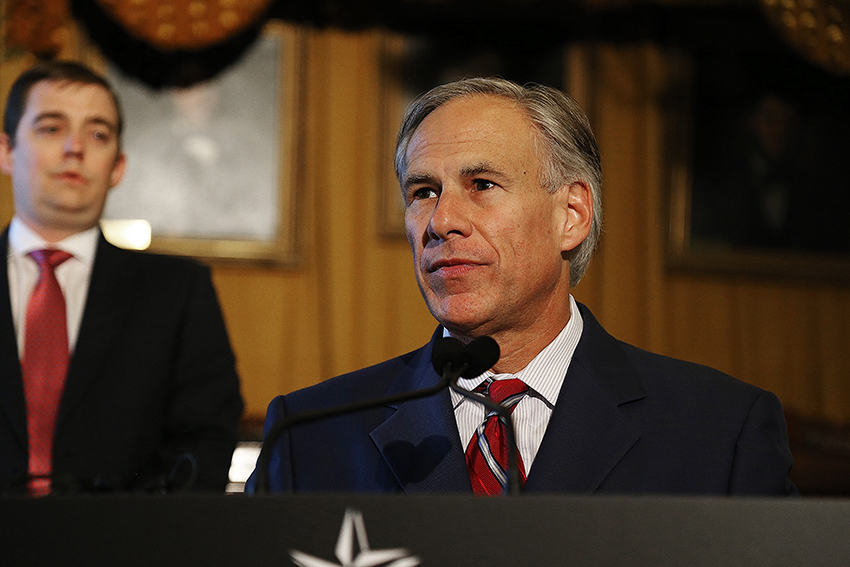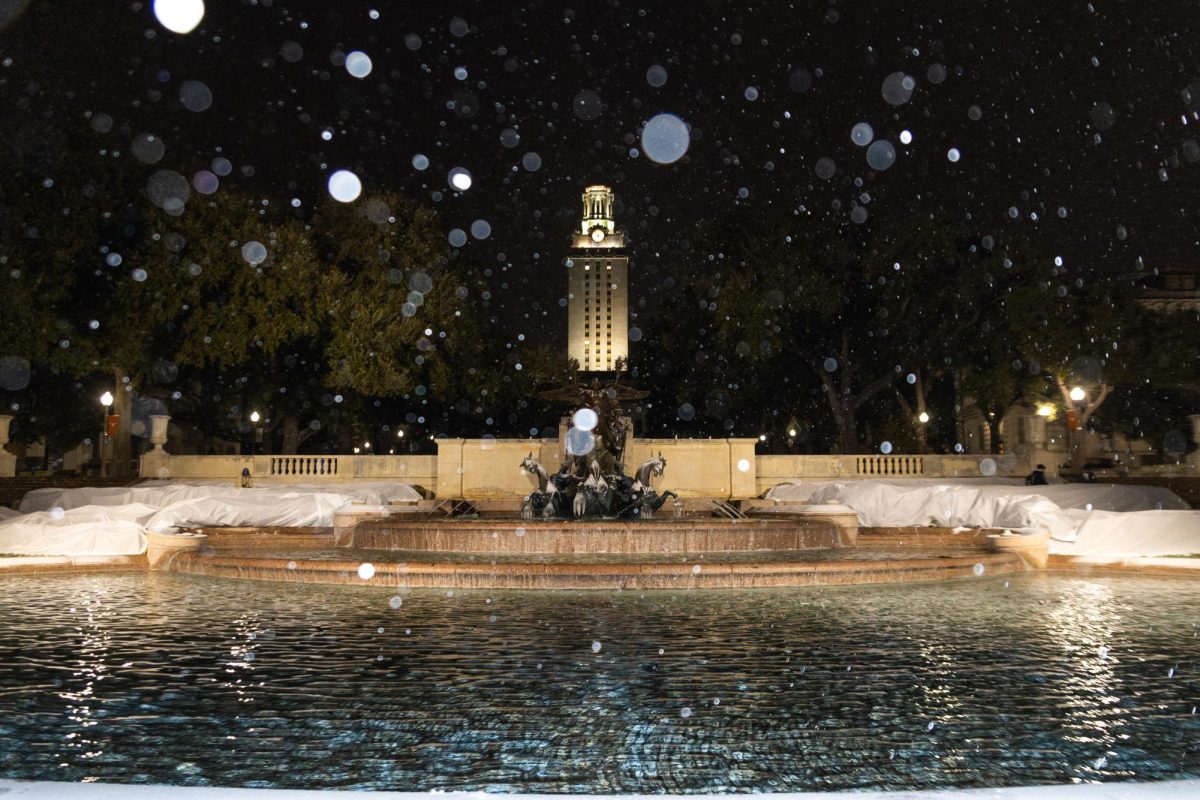Following two statements made by UT President Jay Hartzell concerning the ongoing crisis in Israel and Palestine, the UT community felt conflicted by the University’s response.
Hartzell released his first statement on Oct. 13, where he stated UT had “zero tolerance for violence, vandalism or any activities that threaten other people or the safety of our campus.”
Hartzell continued to affirm increased protection for Jewish organizations on campus, but made no specific mention of Palestinian or Muslim students. Only a day previously, three men disrupted an educational event on the conflict held by the Palestine Solidarity Committee, a student organization dedicated to advocating for Palestinian human rights.
Hartzell’s second statement on Oct. 17 then recognized Palestinian and Muslim students on campus. Hartzell emphasized the importance of protecting free speech and civil discussion surrounding the crisis on campus, and how cultivating such an environment is “critical to our core missions of teaching and research.”
“I have zero tolerance for the antisemitic actions targeting our Jewish community or the hate-filled actions targeting our Palestinian and Muslim communities,” Hartzell said in his Oct. 17 statement. “Speech is protected on our campus, violence is not. We will be active in identifying any perpetrator and will strictly enforce our rules for safe behavior toward others. We are one UT community, and we will fiercely protect it.”
In this statement, Hartzell condemned Hamas, stating the attack on Israel “has shaken our community and the world by its true atrocities, including the intentional targeting, kidnapping and murder of innocent civilians, children and babies.”
As of Monday, Oct. 23, the death toll in Gaza has passed 5,000, with Israel’s death toll at 1,400, according to a United Nations statement.
“We appreciate the work that the University is doing to ensure that Jewish students feel safe and supported during this difficult time,” said Rabbi Stephanie Max, the executive director of Texas Hillel. “We will continue to engage them as partners to understand and address our community’s needs.”
At a pro-Palestine rally that brought hundreds of protestors out, an anonymous PSC student protestor said they were disappointed with Hartzell’s statements.
“The way that Jay Hartzell has approached the situation is absolutely terrible. Unfortunately, that email didn’t include us at all — it marginalized us,” the PSC student protester said. “(It’s) probably the worst thing he could have said at that time. (He) didn’t recognize Palestinian, Muslim or Arab students at all.”
At a public discussion surrounding the crisis held on Wednesday, Oct. 18 and hosted by the UT chapter of Bridges USA, a student organization focused on non-partisan public discussion on political topics, students voiced their thoughts and opinions on the war, discussing UT administration’s response. Jack Alsaffar, an arts and entertainment technologies junior, voiced his concerns with Hartzell’s statements at the discussion.
“I have extreme issues with the way Jay Hartzell phrased his initial address,” Alsaffar said. “It neglected the wellbeing of the Arab students and the Palestinian students who go to the school.”
Editor’s note: The addition of the fifth paragraph was made in order to better represent Hartzell’s second statement. The Texan regrets this error.

